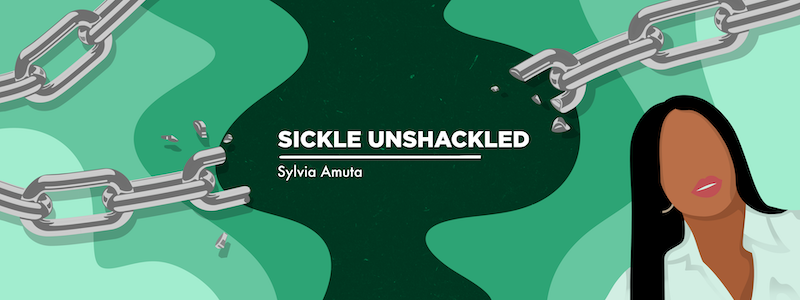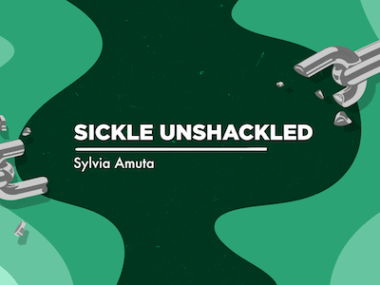What I’ve learned about life, love, and sacrifice due to caregiving
As a result of caregiving, I'm more caring, compassionate, and kind to others
Written by |

Being a caregiver to someone with sickle cell disease isn’t a role anyone can truly prepare for. It’s a calling that finds us, and it stems from love, loyalty, and necessity.
My caregiving journey began with caring for my cousin, a vibrant, witty, and spirited soul whose strength never ceases to amaze me. Along this journey, I’ve learned more than I ever thought possible and feel inclined to share it with you.
Caregiving will test the extent of your love. There are levels of compassion and unselfishness I never knew I possessed until I became a caregiver. Caregiving has revealed many facets of my ability to love. There are times when I’m watching someone I care about suffering in pain, and I’m powerless to stop it. In those moments, I’d give anything to take even a fraction of my cousin’s pain away. I sit by her bedside feeling utterly helpless and just hold her hand while silently pleading with the universe to ease her suffering. I wish I could carry that burden myself just to give her some relief.
It will push your patience to its breaking point. Sickle cell crises don’t arrive at convenient times. They don’t follow a schedule and often involve sleepless nights, endless hours in waiting rooms, and uncertain outcomes. Some days frustration simmers under my skin due to the circumstances, the healthcare system, or the slow responses by hospital staff. But over time, I learned that patience is an important virtue for caregivers. I’m now able to breathe through those hard moments and be calm when things are chaotic, because it’s important for my cousin’s sake.
It teaches you to celebrate the little things. Caregiving makes me grateful for each day we get to see. A day without pain is a victory. A smile after a hard night feels like a personal triumph. I’ve learned to appreciate laughter, the smallest signs of comfort, and the tiniest improvements in my cousin’s mood, appetite, or energy. These seemingly minor shifts feel monumental when you’ve seen how deep the valleys go when dealing with sickle cell complications.
It reveals strength you never knew you had. Before this journey, I wouldn’t have described myself as particularly strong. But caregiving builds us up in ways we don’t expect. It demands resourcefulness, endurance, and a kind of emotional muscle we can only develop by going through the hard days and choosing to show up every time. I discovered that I could advocate fiercely for my cousin’s needs, make tough medical decisions, and still hold my head up with a smile.
It forces you to become a master multitasker. Between medical appointments, emergency runs, medication schedules, and daily responsibilities, life as a caregiver becomes a delicate juggling act. We learn to plan ahead, think on our feet, and manage our time like a strategist. It’s not easy, and there are moments of fatigue, but somehow we keep going, and it gets better with time.
It teaches emotional discipline. I can’t afford to fall apart every time things get hard. I’ve learned how to process my frustration without letting it get the better of me. Some nights I’ll step out of the room just to take a breath, gather myself, and return with a steady voice. Especially hard are those awful hospitalizations when I’m scared out of my mind not knowing what’ll happen next. At the same time, I know that I can’t afford to fall apart because my cousin needs my strength.
This caregiving journey has taught me all of this and more. It’s made me a better person, and I’m more caring, compassionate, and kind to others. I’ve become stronger, softer, and more aware of what truly matters in life.
Note: Sickle Cell Disease News is strictly a news and information website about the disease. It does not provide medical advice, diagnosis, or treatment. This content is not intended to be a substitute for professional medical advice, diagnosis, or treatment. Always seek the advice of your physician or other qualified health provider with any questions you may have regarding a medical condition. Never disregard professional medical advice or delay in seeking it because of something you have read on this website. The opinions expressed in this column are not those of Sickle Cell Disease News or its parent company, Bionews, and are intended to spark discussion about issues pertaining to sickle cell disease.





Leave a comment
Fill in the required fields to post. Your email address will not be published.